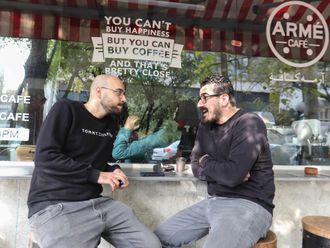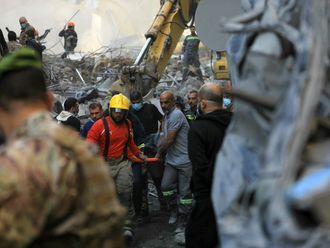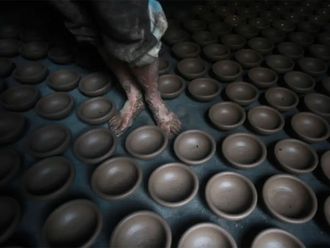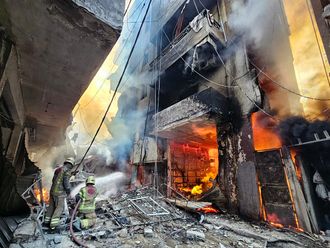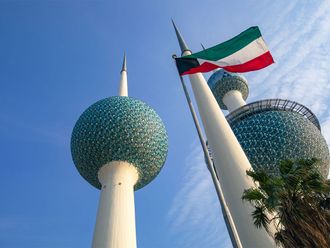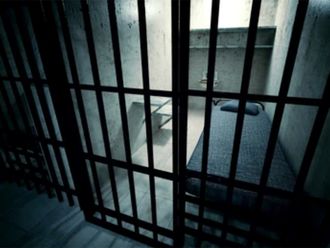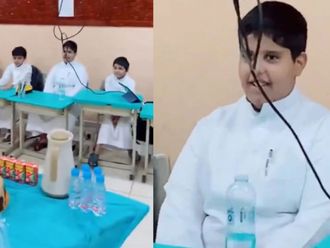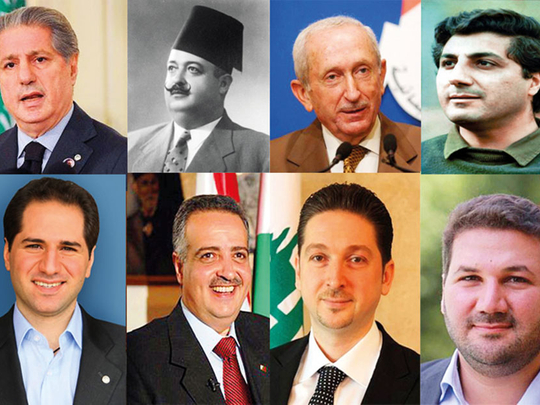
Damascus: One month ahead of the Lebanese parliamentary elections, scheduled for May 6, a debate is emerging over the calibre and political experience of an impressive list of potential newcomers, earmarked to join the new chamber, walking in the footsteps — or shadow — of their fathers, uncles, and grandfathers.
A total of 38 candidates either hail from deeply rooted political families, or ones trying to carve a place for themselves in the patron-client system that has dominated Lebanese politics since the Ottoman Era.
Questions are being asked whether these candidates will be voted into office based on their virtues and political programme, or simply due to their political affiliation and family name.
Most of them hail from political dynasties spreading across the Sunni, Shiite, and Christian communities, who are either allied, inter-married, or who have relatives in high posts.
The prime minister himself, Sa’ad Hariri, is the son of former prime minister Rafik Hariri, and so is Faisal Karami (47), a ranking candidate in Tripoli, who is the son of ex-premier Omar Karami and the grandson of prime minister Abdul Hamid Karami. President Michel Aoun’s niece is running for office, and so are his two sons-in-law, Gibran Bassil, the current foreign minister, and Chamel Rokoz, a prominent former army general.
Both are earmarked to succeed him as the head of the Free Patriotic Movement (FPM) given that Aoun (85) has no sons and is working hard on establishing a political heir.
Running for a Maronite seat in Mount Lebanon are the Gemayel cousins, Sami (37) and Nadim (35), whose fathers, Bashir and Ameen, served as presidents of the republic back in the 1980s and whose grandfather Pierre commanded the Maronite Christian community since the 1930s.
- Sarkis Abouzeid | Lebanese journalist
Sami’s father ended his term in 1988 and went into long years in exile, returning in 2000 while Nadim’s father was killed during the civil war back in 1982.
Back then, Ameen Gemayel actually inherited his brother’s position at the Lebanese presidency.
“Lebanon is governed by a confessional, financial, and family network that, for a long time, has bequeathed power from one generation to the next,” explains prominent Lebanese journalist Sarkis Abouzeid.
Speaking to Gulf News, he added: “Inheritance is part of the structure of power (in Lebanon), and for now, the social circumstances for bypassing it are not available. Political inheritance exists, even among progressive parties.”
He notes, “Democratic consciousness has not been rooted within the political parties or movements that are capable of change, making real change distant, although the political system is in a crisis of existence.”
Asked about what the alternative means, he said: “Chaos and a slow collapse, awaiting regional circumstances and conditions for change.”
Other newcomers in the upcoming chamber include Taymour Junblatt (36), the son of veteran Druze leader Walid Junblatt, who decided to not to run for office this year, putting his weight behind his son.
Taymour’s grandfather, Kamal Junblatt, was a ranking Arab philosopher and Lebanese nationalist who was killed early in the civil war back in March 1977.
The 41th anniversary of his assassination coincided with the election, prompting thousands of Druze to raise posters of the three Junblatts, pledging allegiance to Taymour, just like their fathers and grandfathers had done with his father and grandfather.
Former cabinet minister and MP Sulaiman Franjieh Jr, who heads the Marada Party, will also not be running for office this year, and has decided to back his son’s candidacy instead.
The young Tony Franjieh is the great-grandson of former Lebanese president Sulaiman Franjieh (1970-1976).
- Noura Boustany | Journalist
His father has had his eyes set on the presidency for years and worked closely with Hezbollah and Syria to achieve that but was abandoned back in 2016, when Hezbollah chose to make its other ally, Michel Aoun, president instead. Despite differences, Frangieh remains part of the Hezbollah-led March 8 Alliance.
Another hereditary name that is marking the rounds is Ali, the son of ex-parliament Speaker Sabri Hamadeh, a Shiite notable who headed the legislative branch back in the 1940s.
He is not a member of Hezbollah, who will be running independent of the party next May.
Talal Arslan, scion of a ranking Druze family who has been in the chamber for years and served as cabinet minister, will also be running, being the son of ex-defense minister Emir Majid Arslan, one of the founders of Lebanese independence from colonial France.
Joe Hobeika, the son of slain warlord Elie Hobeika, stepped down last March yet had he won a seat, he would have added yet another newcomer to the chamber, along with Sami Fatfat, the son of ex-sports minister Ahmad Fatfat, a prominent supporter of the Hariri family, whose nomination was put forth by Hariri.
Not all of these names are clean and not all of them are without controversy.
Hobeika, for his example, was behind the infamous 1982 Sabra and Shatila massacre, where thousands of Palestinians were slaughtered, at his orders, in coordination with the invading Israeli army.
Samir Geagea, who commands the Lebanese Forces (LF) is another convicted warlord who spent years in jail and was only released in 2005. His wife, Strida Geagea, is running for office, and is already an MP in the chamber of 2009-2018.
The Washington Post’s award-winning former correspondent Noura Boustany, spoke to Gulf News saying: “One thing is clear, the old feudal-dynastic entrenched so-called elite of the body politic is being seriously challenged. The endemic crisis and problems of infrastructure, the environment and corruption, have rendered that class irrelevant and illegitimate in the eyes and minds of emerging generations of voters.”
Now teaching at the American University of Beirut (AUB), Boustany added: “Will these hereditary political, religious, and tribal chiefs be totally toppled from their seats of traditional entitlement? No. But their role, their power, their popularity and numbers will be diminished. Democracy is a process and it takes time. There is a vibrant, new generation of civic-minded and progressive thinkers who have a different take and a radically fresh outlook. These new faces are willing to take on the old order, they are knocking at the gates of power with impatience and a new awareness of how the social contract has to change!”


